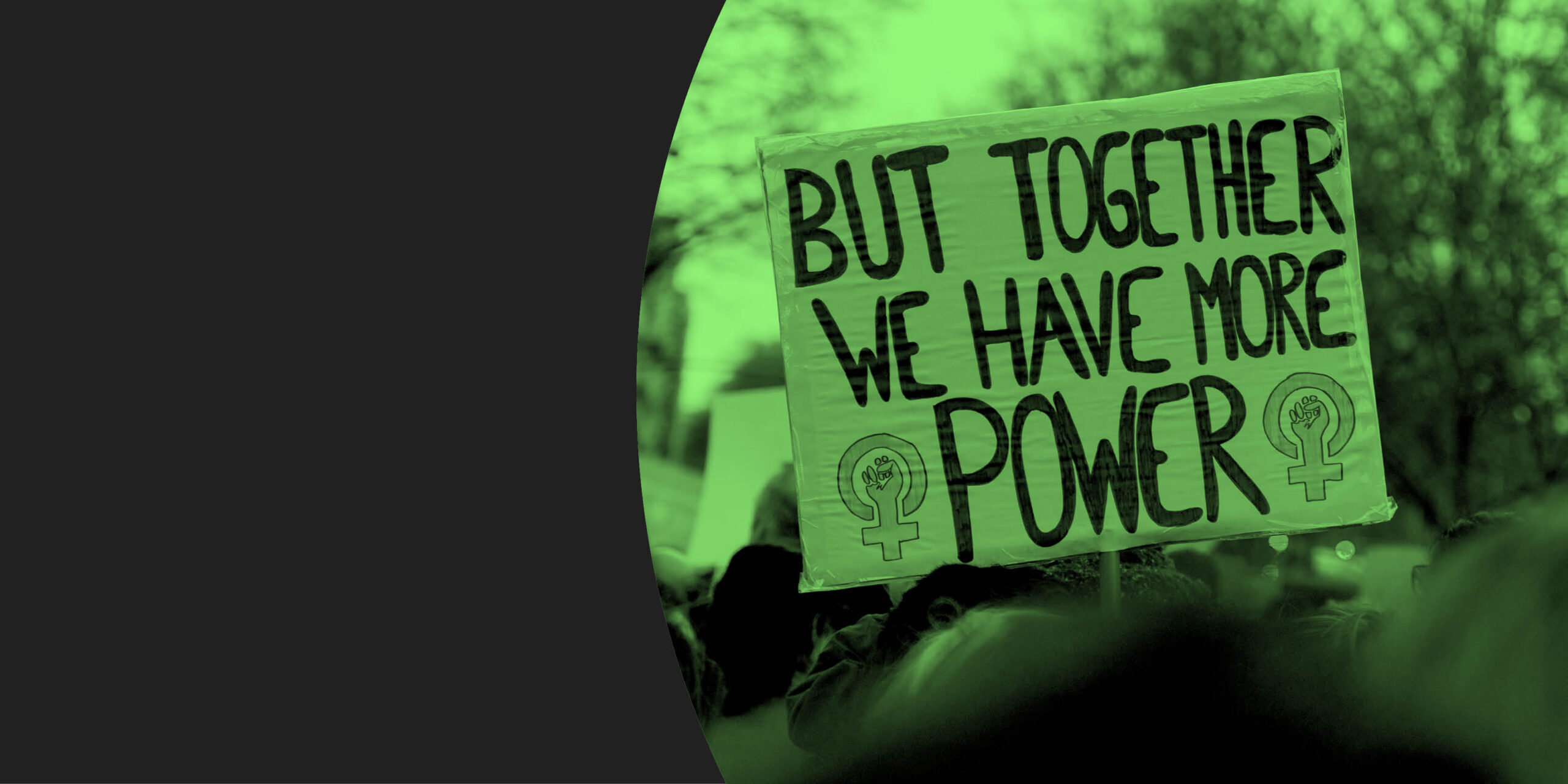Navigating a Just Transition in the Global South: A Crucial Element of COP28 Climate Mitigation

As we approach the midpoint of COP28, there is an ongoing need for nations and institutions to assess and enhance their responses and strategies for climate change mitigation. While the conversation often centres around global climate goals and international collaboration, it’s equally essential to recognise the unique challenges faced by nations and institutions in the Global South. In the pursuit of sustainable development, these countries are navigating a just transition—one that is not only crucial for their future but for the entire planet, all while balancing national needs and quality of life improvements that may not be similarly experienced in the global north.
The Role of Justice in Climate Mitigation
Justice is a cornerstone of effective climate mitigation strategies. As we transition to cleaner energy sources and more sustainable economic and development practices, it is imperative that the burdens and benefits are distributed fairly. This means recognizing historical emissions, acknowledging the disproportionate impacts of climate change on vulnerable communities, and ensuring that the transition doesn’t leave anyone behind.
Countries in the Global South face a delicate balancing act. On one hand, they must rapidly develop to meet the needs of their growing populations. On the other hand, they are grappling with the impacts of climate change, which often hit the most vulnerable the hardest. It’s a complex equation that requires innovative solutions and global collaboration.
Key Components of a Just Transition
In fostering a just transition, particularly in the context of the Global South and emerging markets, key components include ensuring equitable access to affordable and reliable renewable energy, involving diverse communities in policy co-creation and development, and building capacity for sustainable practices across societies. These principles aim to address the unique challenges faced by vulnerable populations, ensuring an inclusive and resilient pathway to a low-carbon future:
- Renewable Energy Access: Facilitate affordable, accessible, and reliable renewable energy solutions, ensuring that all communities have the power they need for sustainable development and to maintain and/or improve quality of life.
- Inclusive Policy Development: Engage local communities, indigenous groups, and marginalised populations in the decision-making process at all levels. Their voices must be heard to create policies that truly reflect the needs of the communities and people represented.
- Capacity Building: Provide support for developing and implementing sustainable practices, ensuring that communities have the resources to adapt to changing climates. This involves equipping communities with the necessary skills, knowledge, and resources to navigate and adapt to the impacts of changing climates. Targeted support can include training programs, access to technology, funding mechanisms and the development of local economies, and assistance in establishing resilient infrastructures, all ensuring that communities are not only prepared for environmental changes but also empowered to thrive in the face of these challenges.
Just Transition Partnerships
Recognising the interconnectedness of our world, just transition partnerships between developed and emerging markets have become paramount since COP26. In these partnerships, developed nations are tasked with providing expertise, technology, and financial support to facilitate a smoother transition in the Global South. These partnerships should be built on principles of mutual respect, shared responsibility, and a commitment to addressing historical imbalances in carbon emissions, and above all they must be realistic in implementation and monitoring. COP28 has the potential to address some of the newly identified challenges, as well as push these partnerships past the initial development stages we have seen in recent years.
Message to Climate Negotiators
As climate negotiators convene at COP28, it is crucial to recognise the significance of just transitions in the Global South and the potential of collaborative partnerships. The decisions made in these negotiations will shape the future of billions of people. The Global South is not seeking charity but rather a partnership—a collaboration that acknowledges historical imbalances and commits to a future where climate justice is at the forefront.
In the pursuit of a sustainable and equitable world, a just transition is not an option; it is a necessity. As we navigate the complexities of climate mitigation, let us ensure that justice remains at the heart of our actions. The decisions made today will determine whether our shared future is one of inclusivity, resilience, and true sustainability.
This blog post was written by Dr Clare Richardson-Barlow, Lecturer in East Asian Studies, School of Languages, Cultures & Societies.
